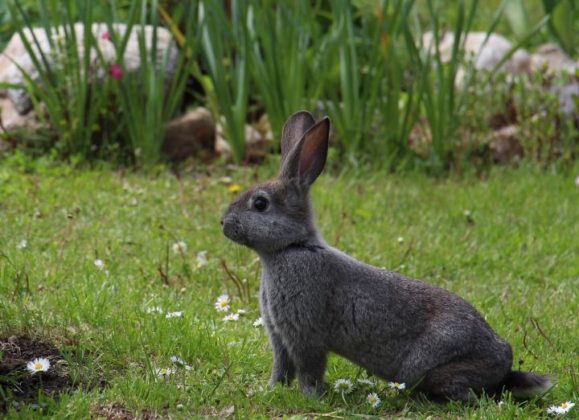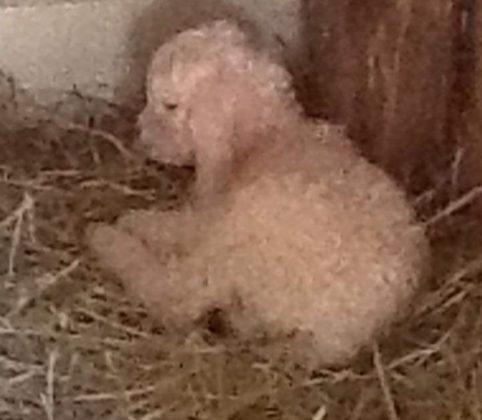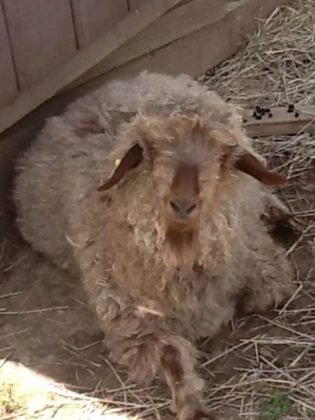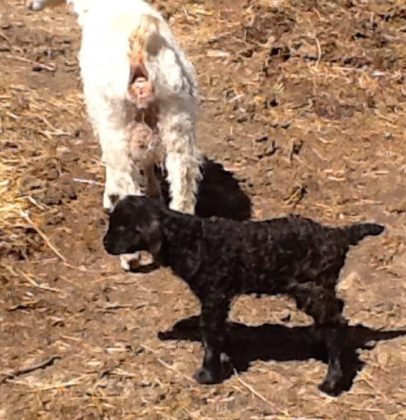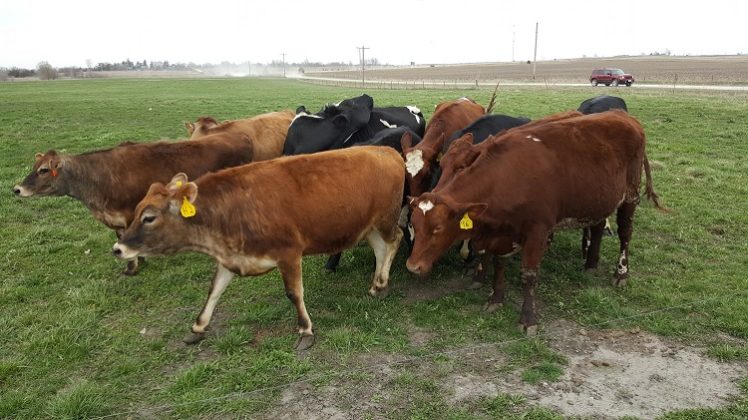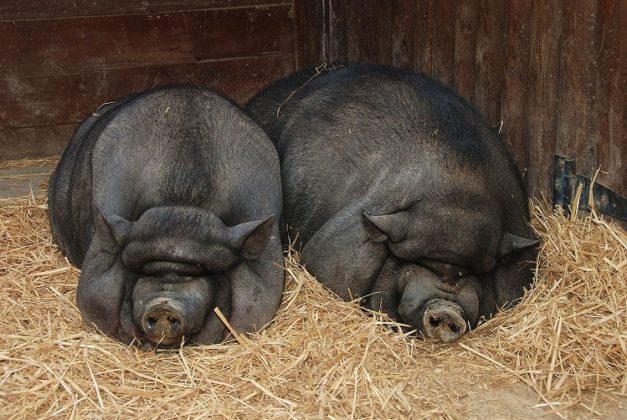Spring is the season when life renews itself. This goes for plants and animals as much as for the crowning jewels of creation, human beings.
Almost 200 years ago, the English poet Alfred Tennyson wrote:
In the Spring a fuller crimson comes upon the robin’s breast;
In the Spring the wanton lapwing gets himself another crest;
In the Spring a livelier iris changes on the burnish’d dove;
In the Spring a young man’s fancy lightly turns to thoughts of love.
Spring is the time when the sap is rising and the animal spirits — put more plainly, the natural inclination to sexually reproduce ourselves — threaten to overpower the ego and its puny defenses.
This power of the springtime has been a constant theme of English poetry since the time of Chaucer, but its roots can be found even deeper in the classical literature of Greece and Rome.
Even the oldest pagan fertility cults, from whose blood and soil Christianity sprang and to which it still bears affinity, prove how much the influence of the spring and its effects on plant and animal life have meant to human culture and society.
In fact, sexual reproduction is really the first commandment found in the Bible. After making human males and females, “God blessed them, and God said unto them, Be fruitful, and multiply, and replenish the earth, and subdue it.”
Be fruitful, and multiply. Nature itself similarly bid us to reproduce ourselves, thereby expressing the will of the creator.
But with the human race now 7.3 billion strong and expected to grow to 9.7 billion by 2050 and 11.2 billion by 2100, it seems we must qualify that first commandment. Replenishing the earth is one thing. Over-running it and driving other species to extinction is something else.
The Center for Biological Diversity estimates that “99 percent of all currently threatened species are at risk from human activities, primarily those driving habitat loss, introduction of exotic species and global warming.”
The destruction has been particularly thorough in Iowa, where naturalists estimate 98 percent of the state’s indigenous animal species has been destroyed or driven away since the mid 1800s.
But all such talk of overpopulation and extinction is the product of science and reason, two things that rarely touch our basic biology, of which we are by and large as blessedly unconscious as the birds of the air and the beasts of the field.
The lamb thy riot dooms to bleed to-day,
Had he thy reason, would he skip and play?
Pleased to the last, he crops the flowery food,
And licks the hand just raised to shed his blood.
Iowans might not be as in touch with our own livestock-like natures as we were in the days before concentrated animal feeding operations turned pigs, cows and chickens into indoor dwellers, but outside evidence can still be found all around when “the young lambs bound / As to the tabor’s sound.”
Our springtime frolics are not much different from those of the lambs who skip and play for no other reason than for the sake of skipping and playing, in sheer excess of exuberant vitality. These are the irresistible rites of spring.
Mother’s Day too is a natural expression of our celebration of our human reproductive power. Just as Christmas is a time of baby worship, so Mother’s Day is a time of mother worship. We say these are our highest human values, and our numbers seem to prove it.









